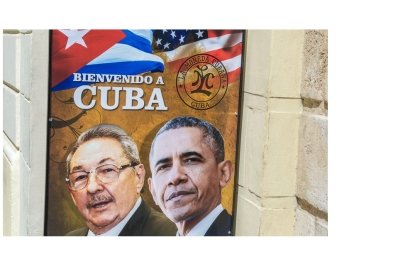FARC negotiator Pablo Catatumbo said that the recent deadly army raid represented a “step back,” but that the progress made since Colombia’s peace process talks began in 2012 should not be “thrown overboard.” So negotiations continue in spite of tensions and setbacks. A new survey conducted by researchers from Georgia State University seeks to inform the process by providing information on public opinion regarding transitional justice, trust, and overall support for negotiations. One of the researchers, and a Wilson Center Fellow provide context on the findings and their relevance to ongoing attempts to reach an agreement.
A longer discussion of survey findings and a Power Point presentation on key data can be found here.
Jennifer McCoy has been a Political Science professor at Georgia State University since 1984, and Director of the Americas Program at The Carter Center in Atlanta since 1998. From 1988-98, Dr. McCoy also served as a consultant and Senior Associate of The Carter Center and from 1994 as Senior Associate of the Policy Research Center at GSU. Specializing in international and comparative politics, Dr. McCoy's professional work applies insights gained through academic research to real-world problems through the projects she directs at the action-oriented non-governmental organization of The Carter Center. Her areas of expertise include democratization in Latin America, the role of international actors in mediating processes of democratization, and the emergence of global electoral rights and anti-corruption norms.
Kimberly Theidon, a Fellow with the Wilson Center’s Latin American Program, is a medical anthropologis and an Associate Research Professor with the Fletcher School at Tufts University. Her research interests include gender-based and sexual violence, transitional justice, reconciliation, and the politics of post-war reparations. She is the author of Entre Prójimos: El conflicto armado interno y la política de la reconciliación en el Perú (Instituto de Estudios Peruanos. first edition 2004; 2nd edition 2009) and Intimate Enemies: Violence and Reconciliation in Peru (University of Pennsylvania Press, 2013). She is currently working on two book manuscripts. The first is “Pasts Imperfect: Working with Former Combatants in Colombia,” drawing upon her research with former combatants from the paramilitaries, the FARC and the ELN. The second is “Speaking of Silences: Gender, Violence and Redress in Peru,” an ethnographically grounded study of reparations, gender and justice.










